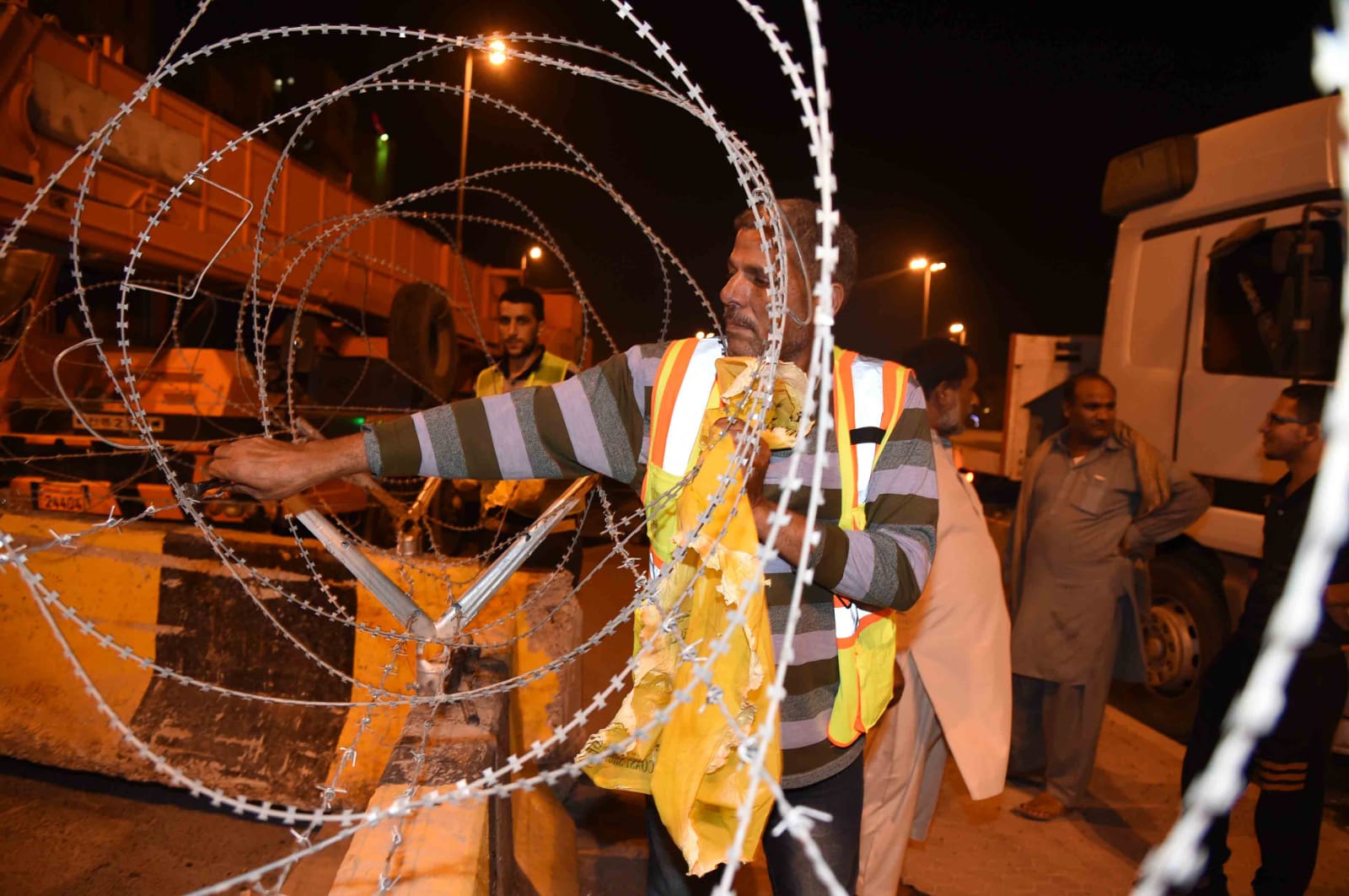1,000 iqamas of expats stranded abroad canceled daily

By B Izzak
KUWAIT: A draft law proposing specific percentages for expat communities in the country, which has been cleared by the legal and legislative committee, exempts domestic helpers, Gulf nationals and workers on government contracts among others, the panel report said.
The draft law, which aims to rebalance the population in the country, was submitted by five lawmakers and stipulates that Indians must not exceed 15 percent of the population of Kuwaitis; Sri Lankans, Filipinos and Egyptians must not exceed 10 percent each; Bangladeshis, Pakistanis, Nepalis and Vietnamese should not exceed five percent each and other communities cannot go beyond three percent each.
The legal committee report said the bill does not breach the constitution or other laws and is a good tool to balance the population. But the committee referred it to the concerned panel - the human resources development committee - to study its contents and if it can be implemented along with a number of other draft laws on the same issue.
Around 750,000 domestic helpers, tens of thousands of Gulf nationals and tens of thousands of workers on government contracts, in addition to diplomats and relatives of Kuwaitis, are exempt from the law and are not included in the percentages.
One of the clauses of the bill stipulates a ban on the recruitment of any nationality if its numbers exceed the specified percentage, and the ban will continue as long as the numbers are larger than allowed. The law also bans the transfer of domestic residences to work permits, and the same applies to visit visas, which cannot be transferred into work or dependent visas. Residencies of workers who were brought for government contracts cannot be renewed, according to the bill.
The legal committee also recommended that a mechanism for implementation must be established, and that reaching the specified targets must be gradual. The committee report says that surplus expats will not be deported from the country after the law becomes effective. Rather, recruitment from abroad will be halted until the number of each community meets the targets. The bill stipulates a jail term of up to 10 years and a fine not exceeding KD 100,000 for any public employee who approves the recruitment of a foreigner whose community exceeds the specified number.
Meanwhile, well-informed sources told Al-Rai daily that around 1,000 residency visas of expats are canceled daily due to their presence outside Kuwait and after their employers or sponsors had not renewed them despite the fact that the ministry has allowed online renewal since the beginning of the COVID-19 crisis.
The sources added that many companies and employers had renewed the iqamas of employees stranded outside Kuwait due to the airport closure, while others, including sponsors of family dependent visas, failed to do so and are thus responsible for losing the residency visas. "The interior ministry has nothing to do with it," the sources stressed.
The sources asserted that expats whose residency visas expire while abroad will not be able to return to Kuwait without getting new entry visas. "This is different from the case of expats who have been abroad for over six months and still hold valid residency visas, as the absence grace period has been extended till the end of the year," the sources confirmed.









